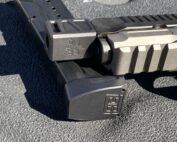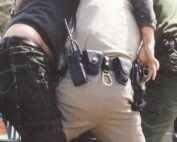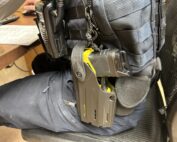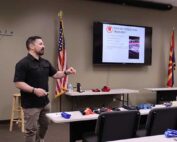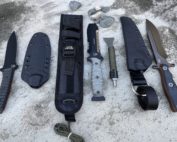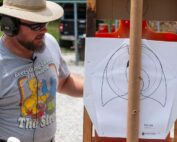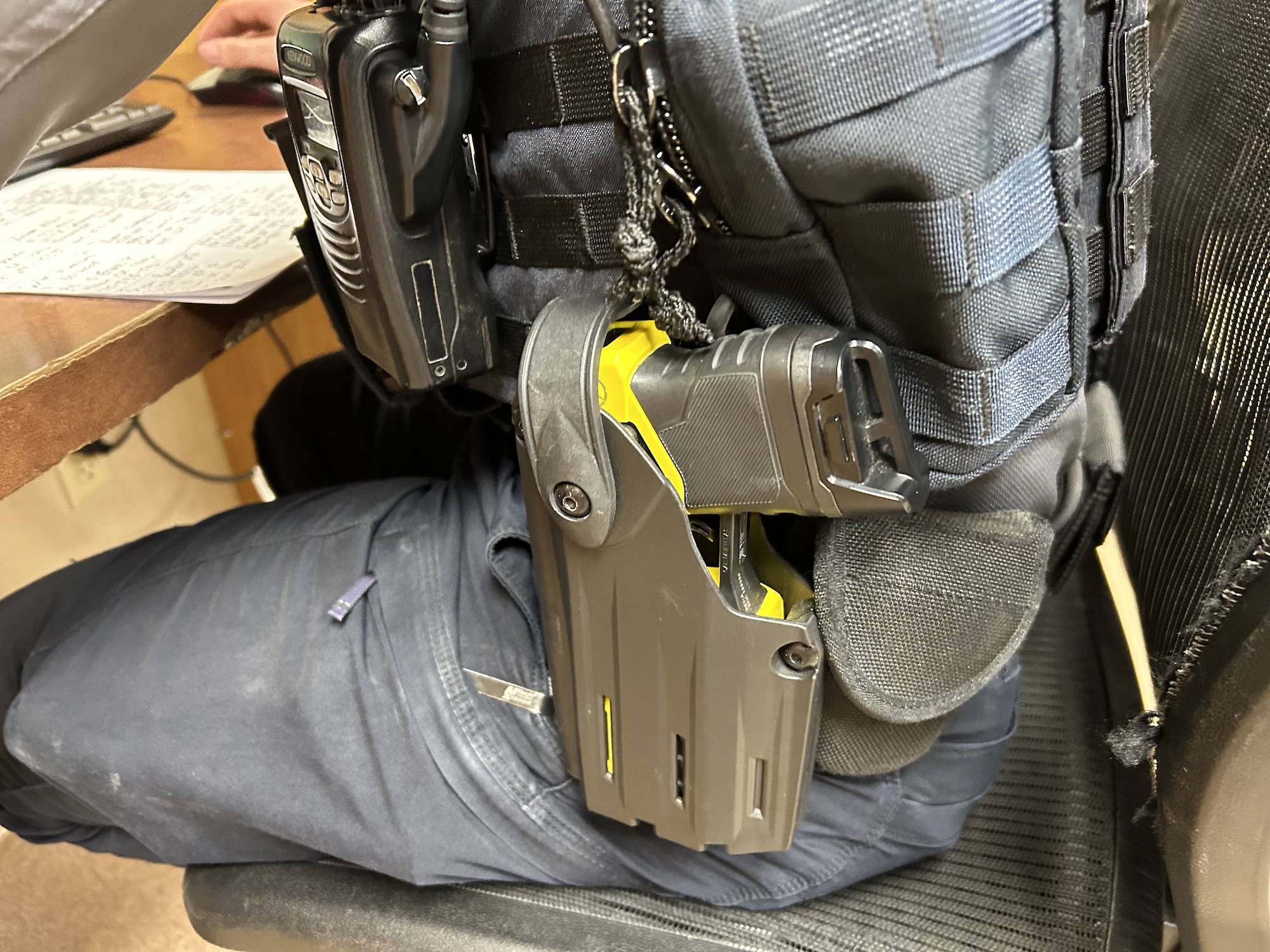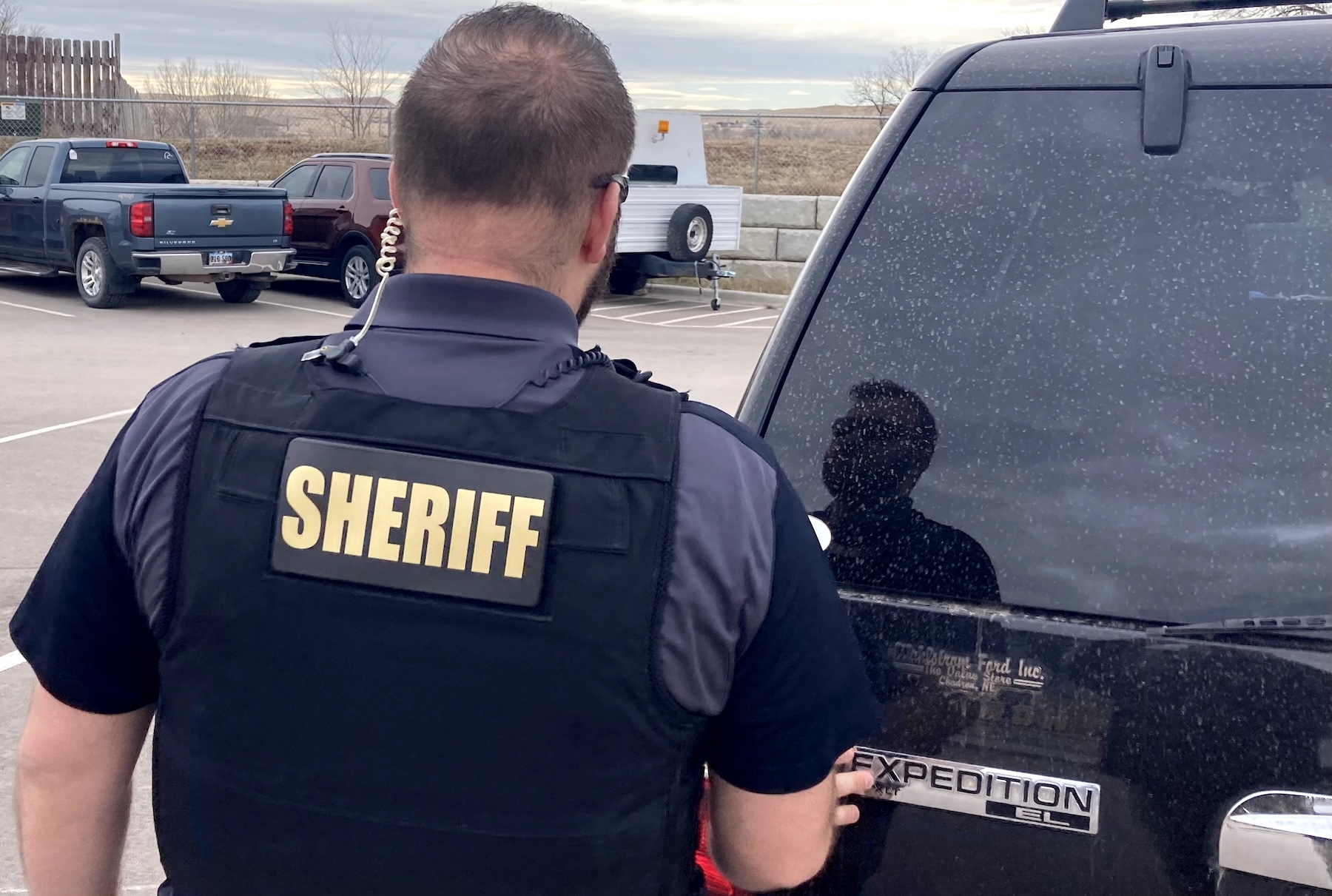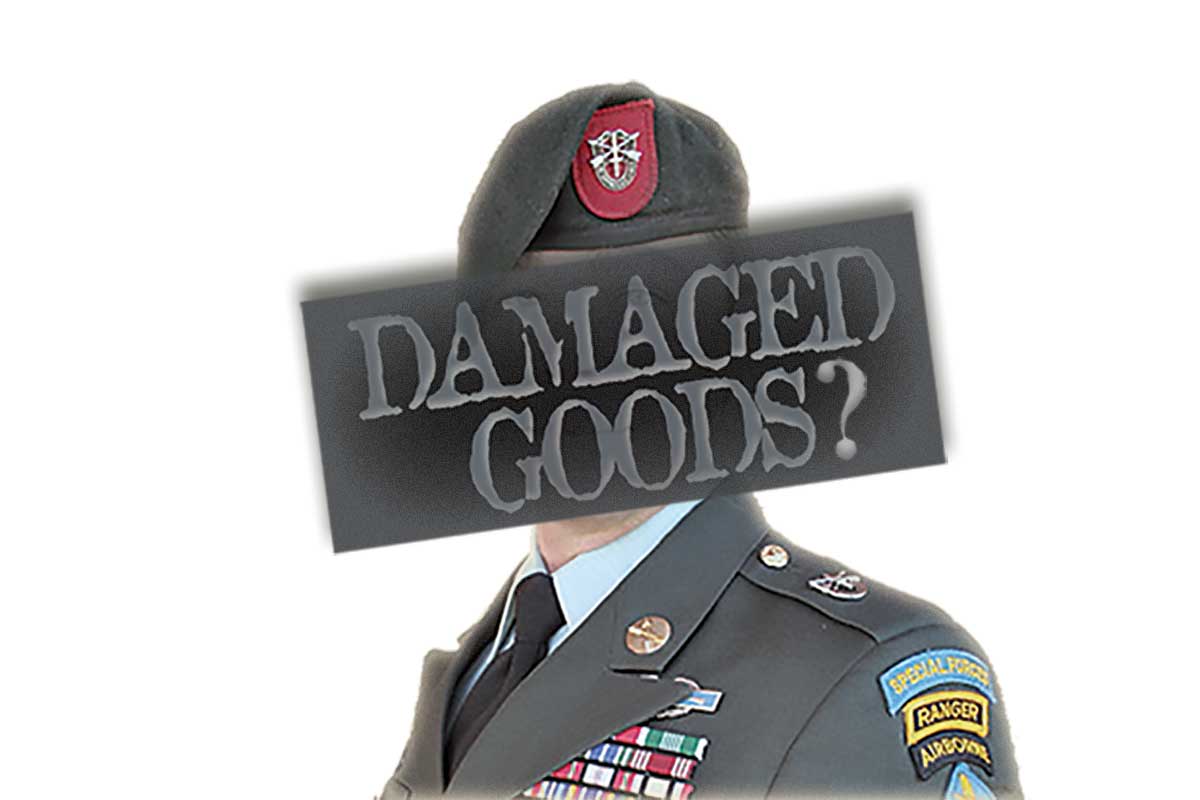
ACSO10_street-VET-800
Early in the Cenozoic Era, back in 1968 when cops walked the beat barefoot with stone clubs, I was aggressively recruited for the San Diego police Academy. It wasn’t because of my looks, charm or amazing physical prowess. In fact, the chief officer who recruited me had to do a lot of pushing and pulling to help me through the process. Recently released from Balboa Naval Hospital, I needed five physical waivers and more surgery just to have the police surgeon sign-off on me.
That chief specifically wanted me for my combat experience. Law enforcement in America was struggling with a host of new foes: politicized radicals, para-militarily organized, armed and decidedly violent. Cops who’d come up during the “Happy Days” era of the 1950s were ill prepared to deal with riots, rampages and the new urban guerilla armies. I thought, “Well, the chow is better, medevacs are shorter and — they want me! Cool!”
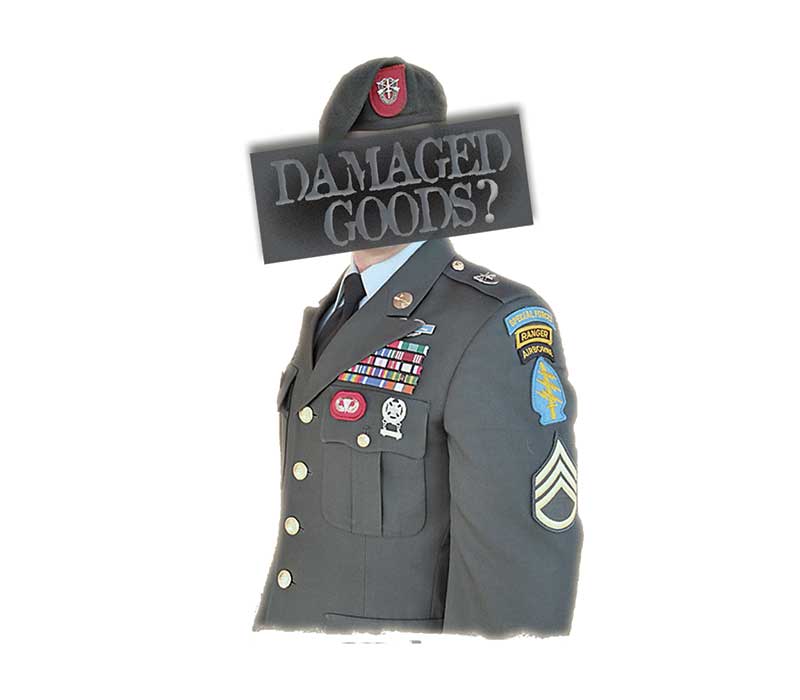
Returning vets are not damaged goods. As John says, “Quietly, privately assure your combat vets of your support and if they have problems, your willingness to help them get assistance.”
My sponsor, however, wasn’t just looking for trigger-pullers. He was “militarily connected,” and knew the work I’d done in the Marines: willingness and ability to kill was balanced by the need for cool detachment and restraint; many missions hinged on getting the job done without firing a shot. That’s what he wanted, and I was his man. It seemed a perfect situation. I felt welcome. That didn’t last long. I spent the next 25 years paying bitterly for being a Vietnam veteran.
Those were also the days when “social wisdom” dictated officers adopt a softer, gentler, more civilianized image, with some agencies switching from uniforms to blazers and slacks — and even losing those nasty sidearms. “Military” was a dirty word. America was busily alienating, dis-employing, embittering and spitting on Vietnam vets, then vilifying them for being alienated, unemployed, embittered and angry. The “Whacko Vet Myth,” a self-fulfilling prophecy, was born, and America’s effete snobs rode it like a carnival pony. Yes, it was virulently present in police agencies.
BOHICA!
If you’re not a vet, you may be unaware BOHICA stands for Bend Over, Here It Comes Again. The Whacko Vet Myth is back — and again, it’s built on fear, envy, lies and slander. The poison is spreading every- where, but here’s just one example: A Sunday front-page story in The New York Times was headlined “Across America, Deadly Echoes of Foreign Battles.” The massage of the message was that returning Iraq and Afghanistan vets, kill-crazed by combat, were spreading carnage and mayhem in our peaceful communities. The Times even cited some figures and opined ominously that the “real numbers” could be far higher. The picture was bloody and chilling. Millions were “informed,” and their attitudes shaped.
Then a journalist for American Thinker (what a concept) looked into those figures. He found that actually, Iraq-Afghanistan vets were five times less likely to become involved in violent crime as their non-veteran demographic “peers.” He concluded the real picture had been obvious — it was simply ignored. The truth did not fi t the agenda.
Now the Whacko Vet Myth is circulating in law enforcement, turning into a tsunami in threads, chat-rooms, blogs and some LE-press stories. The loudest sirens seem to be wailing from the IACp and US Bureau of Justice Assistance — no big surprise. In one study, 53 returned vet/officers were interviewed, 340 filled out surveys, and 112 chiefs of police weighed in.
The not-surprising findings were that many officers are having difficulty re-adjusting, some reporting varying degrees of post-traumatic stress disorder, and a relative few have been involved in inappropriate use of force. As with the Times feature, I see no figures on the comparative rate of misconduct or excessive force incidents involving non-veteran officers — none. If it’s true, give me facts. If it’s not, that comes as no shocker — BOHICA, boys.
NEW RULES
I see vets entering or returning to law enforcement who remind me of me: not particularly needful of help, though some understanding would be helpful; packing some psychological baggage, but able to handle it well if it’s not magnified, blown out of proportion or subjected to amateur psychology by people in soft suits and Gucci shoes. Many vets simply don’t understand that if they talk at all about their experiences, this may deeply offend senior officers who haven’t been & done.
Due to the nation-building and urban nature of their combat, I see veterans who, like me, have practiced even more restraint, under more provocative circumstances, than their brother non-veteran cops.
Quietly, privately assure your combat vets of your support and if they have problems, your willingness to help them get assistance. Don’t look for problems that don’t exist, or accept excuses for ordinary misconduct. They’re vets, but they’re just cops, and that’s how they want to be treated.
My sponsor-mentor told me, “As a cop, you just have different rules of engagement. We don’t pay you to kill, or even to fight. We pay you to win, and if you can do it without fighting and killing, great. Just be ready to fight and kill, and do it well.” Good advice. pass it along, okay?


